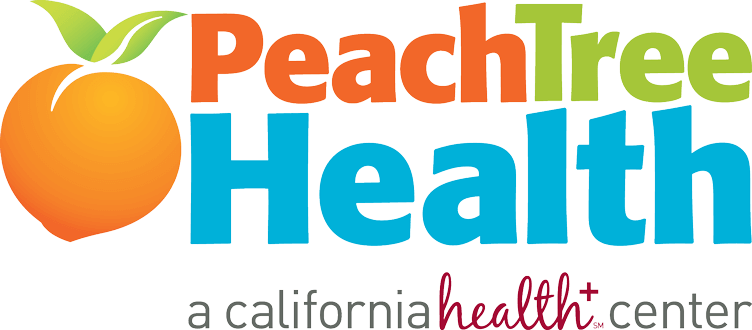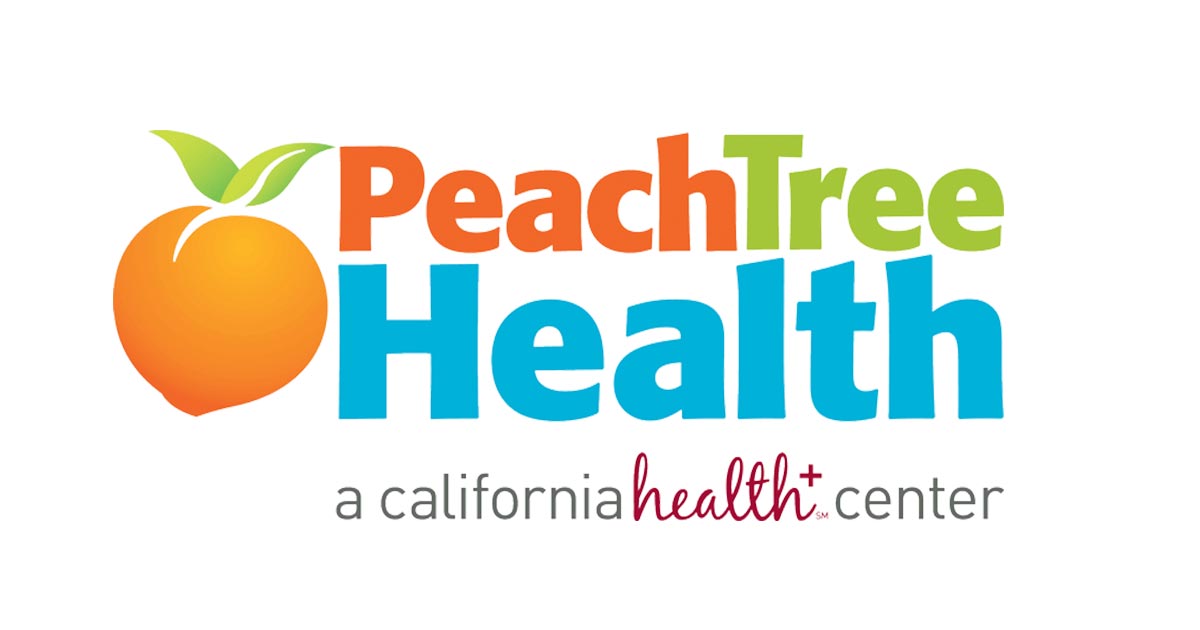National Colorectal Cancer Awareness Month: Why It Matters More Than Ever
March is not only a time for the first glimpses of spring but also a crucial period dedicated to raising awareness about colorectal cancer. National Colorectal Cancer Awareness Month serves as a vital reminder of the importance of prevention, early detection, and treatment of this prevalent yet often preventable disease.
Colorectal cancer, which affects the colon or rectum, ranks as the third most common cancer diagnosed in both men and women in the United States. According to the American Cancer Society, an estimated 149,500 new cases of colorectal cancer were expected to be diagnosed in 2021 alone, with over 52,000 projected deaths. These statistics underscore the urgent need for heightened awareness and proactive measures to combat this disease.
One of the most striking aspects of colorectal cancer is its preventability through regular screenings and lifestyle modifications. Screening tests such as colonoscopies can detect precancerous polyps, which can then be removed before they develop into cancer. Despite the effectiveness of screening, a significant portion of the population remains unscreened, either due to lack of awareness, financial barriers, or fear of the procedure.
Certainly, there are several myths surrounding colorectal cancer that can lead to misunderstanding or misinformation. Here are some common myths debunked:
- Myth: Colorectal cancer only affects older adults.
- Fact: While it’s true that the risk of colorectal cancer increases with age, it can still affect younger individuals. There has been a rise in cases among younger adults in recent years, so it’s important for everyone, regardless of age, to be aware of the risk factors and symptoms.
- Myth: Only men get colorectal cancer.
- Fact: Colorectal cancer affects both men and women. While historically it has been more commonly associated with men, it’s essential for everyone to be aware of their risk factors and to undergo appropriate screenings.
- Myth: If you don’t have a family history of colorectal cancer, you’re not at risk.
- Fact: While having a family history of colorectal cancer does increase your risk, the majority of people diagnosed with colorectal cancer do not have a family history. Many cases occur sporadically due to a combination of genetic and environmental factors.
- Myth: Colorectal cancer is always fatal.
- Fact: Colorectal cancer is highly treatable, especially when detected early. With advancements in screening, diagnosis, and treatment, many individuals with colorectal cancer can achieve remission or manage the disease effectively, leading to a good quality of life.
- Myth: If you have no symptoms, you don’t need to worry about colorectal cancer.
- Fact: Colorectal cancer often develops without causing noticeable symptoms in its early stages. Regular screenings, such as colonoscopies, are crucial for detecting precancerous polyps or early-stage cancer before symptoms develop, when treatment is most effective.
- Myth: Only people with unhealthy lifestyles get colorectal cancer.
- Fact: While certain lifestyle factors such as diet, exercise, smoking, and alcohol consumption can influence the risk of colorectal cancer, anyone can develop the disease regardless of their lifestyle. However, adopting a healthy lifestyle can help reduce the risk.
- Myth: Screening for colorectal cancer is too invasive and uncomfortable.
- Fact: While some screening methods may be perceived as uncomfortable, such as colonoscopies, they are highly effective in detecting colorectal cancer early when treatment is most successful. Additionally, there are less invasive screening options available, such as stool-based tests, which can be performed at home.
National Colorectal Cancer Awareness Month seeks to address these barriers by educating the public about the importance of early detection and encouraging individuals to undergo screening. Through various campaigns, initiatives, and outreach efforts, organizations aim to empower individuals to take charge of their health and prioritize preventive measures.
Additionally, National Colorectal Cancer Awareness Month provides an opportunity to destigmatize conversations surrounding colorectal health. Discussions about bowel habits, screenings, and colorectal cancer symptoms are often considered taboo, leading to reluctance or embarrassment in seeking medical attention. By fostering open dialogue and raising awareness, we can break down these barriers and encourage individuals to prioritize their health without fear or hesitation.
National Colorectal Cancer Awareness Month serves as a crucial reminder of the impact of this disease and the importance of early detection and prevention. By coming together to raise awareness, support research, and promote open dialogue, we can make significant strides towards reducing the burden of colorectal cancer and improving outcomes for patients worldwide. Let us seize this opportunity to prioritize colorectal health and work towards a future free from the threat of colorectal cancer.
Peach Tree Health offers screening for Colorectal Cancers. There are multiple ways this can be tested and all it takes is setting up an appointment to meet with your provider.
Call us at (530) 749-3242 to schedule an appointment!
You can learn more about all of Peach Tree Health’s services at www.pickpeach.org

